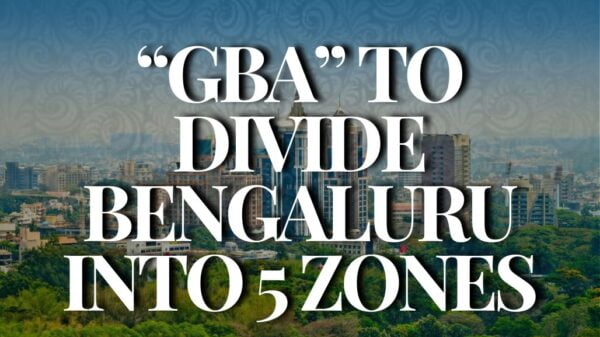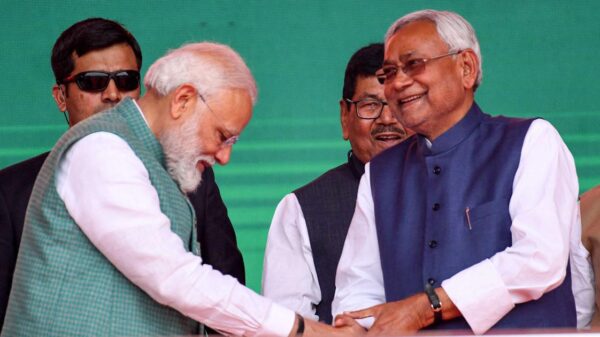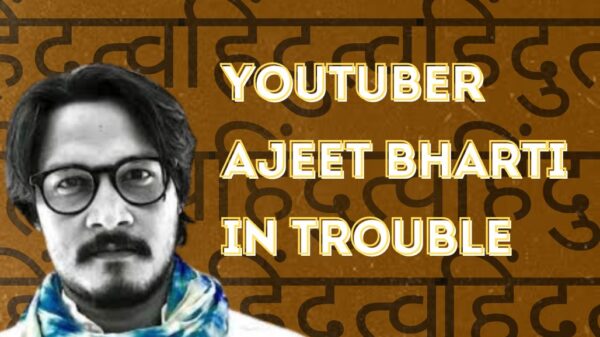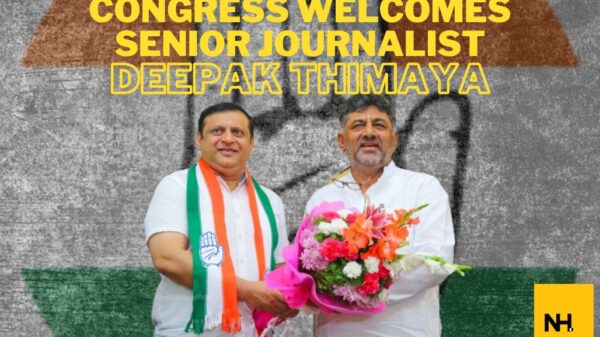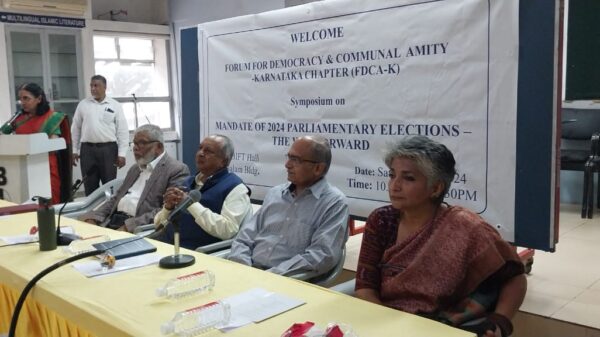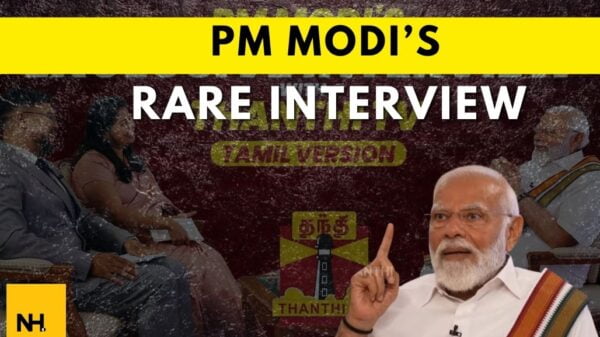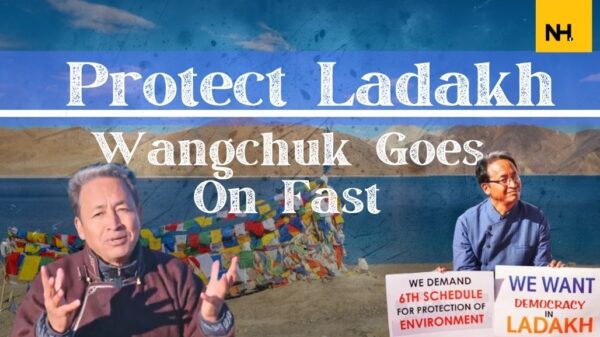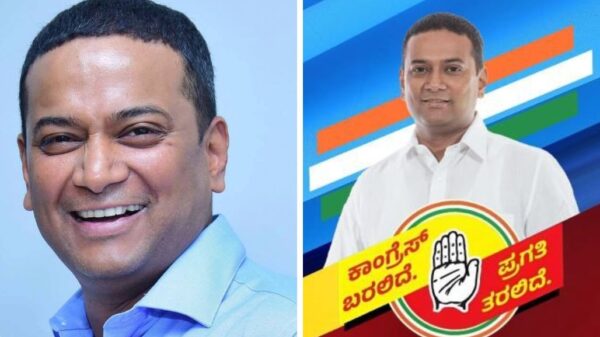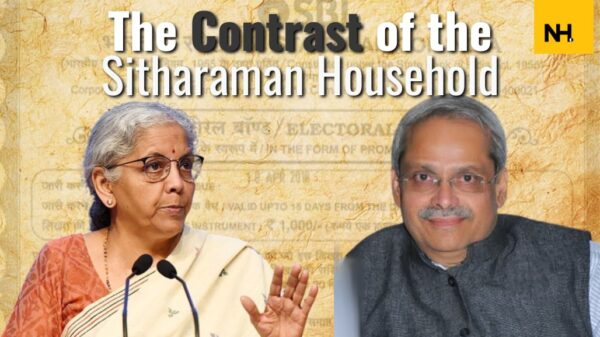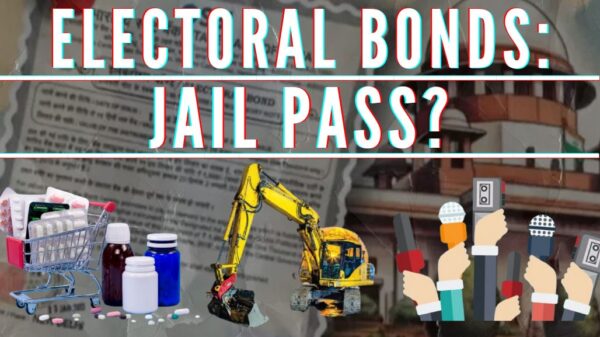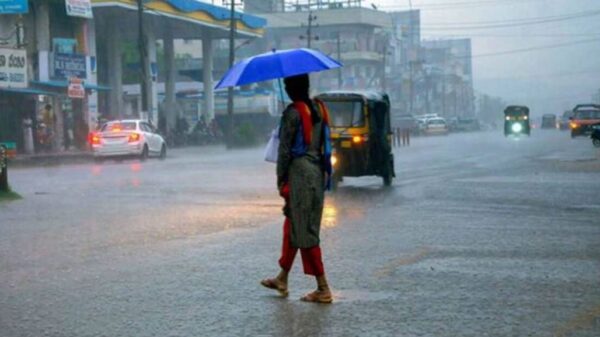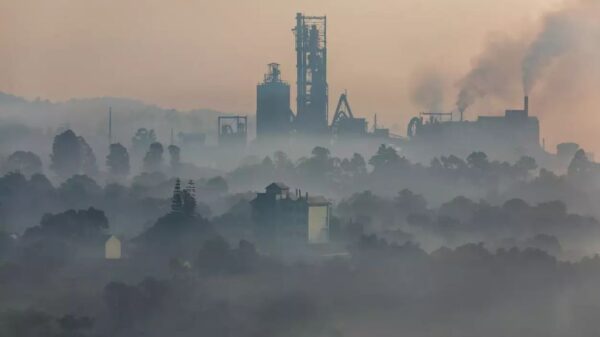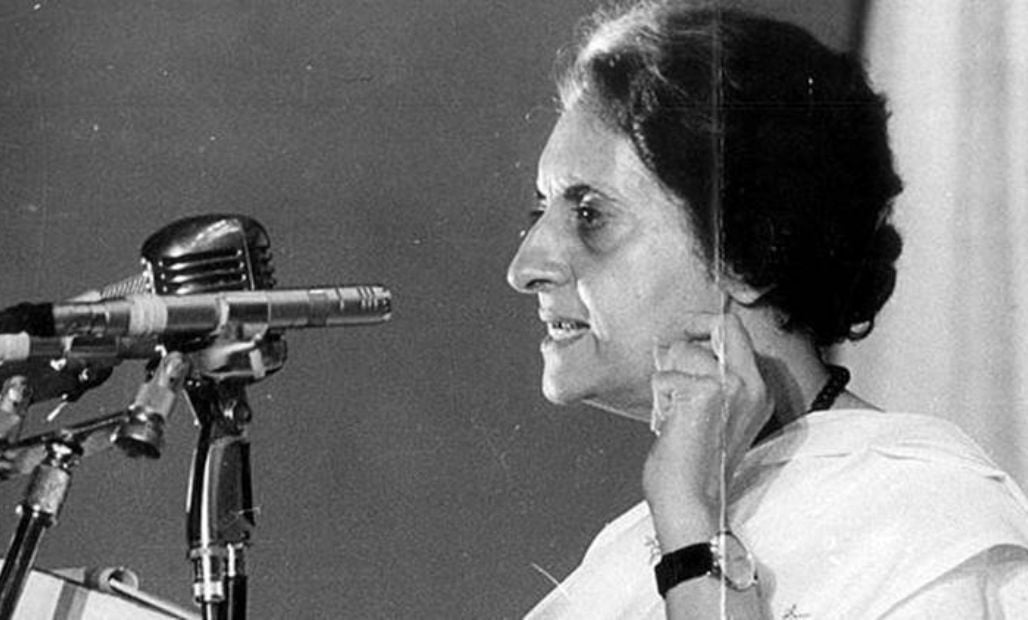Written By Parimal Wagh, A Law Student, Mumbai.
In June 1975, India was plunged into a state of emergency by Prime Minister Indira Gandhi, citing “internal disturbance” as the reason. This marked a dark period in Indian history where fundamental rights were suspended, press censorship was imposed, and political opponents were detained without trial.
The immediate cause of the Emergency was a court decision declaring Indira Gandhi’s 1971 election victory invalid due to electoral fraud. She refused to resign, and in response, she enacted the Emergency, which led to the widespread detention of political opponents, media censorship, and forced sterilization drives.
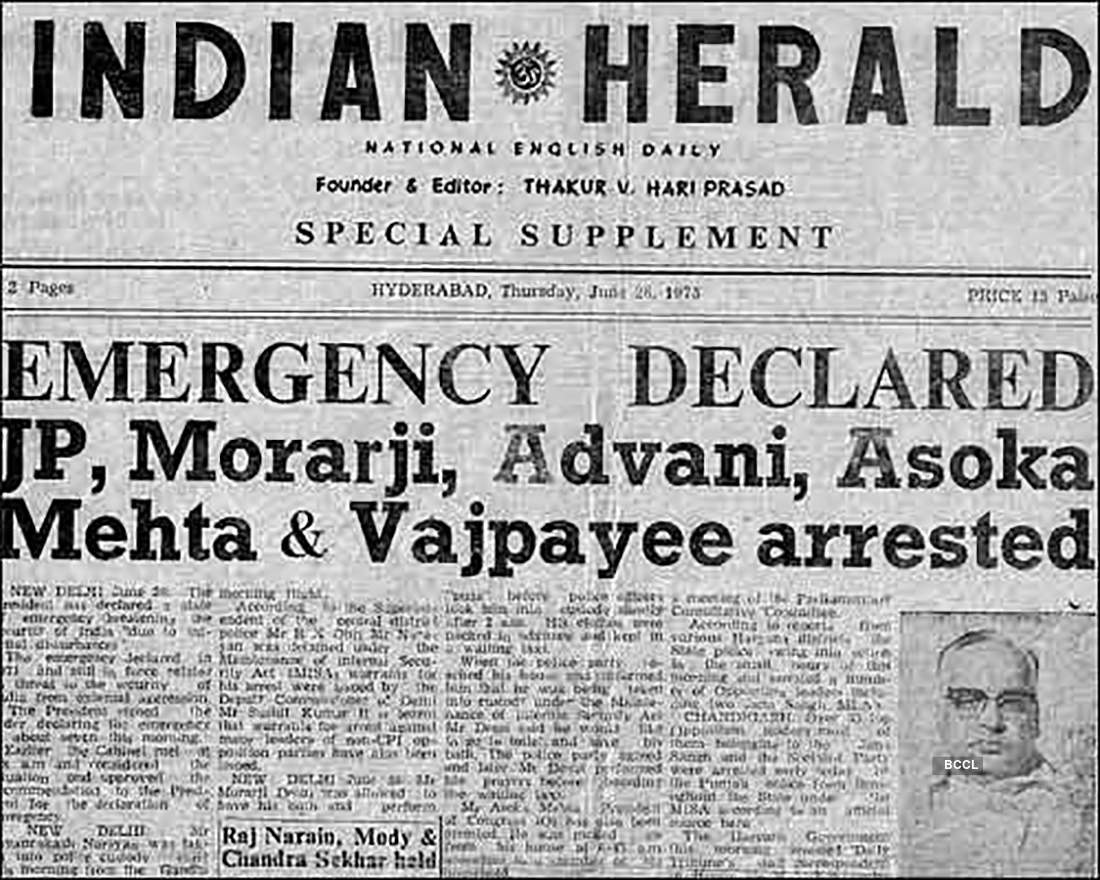
News Regarding Emergency. Credits – Indian Herald
During the Emergency, the government arrested and detained thousands of political opponents and activists without trial, and over 6 million men and women were forcefully sterilized. The government also censored the media to prevent journalists from reporting on the situation and persecuted trade unions, student groups, and human rights organizations.
The absence of due process, use of torture, and other forms of abuse led to a culture of fear and repression, resulting in the suspension of civil liberties. This authoritarian environment where the government had unchecked power was viewed by many as a violation of democracy and human rights.

Protests In Emergency
In March 1977, Indira Gandhi called for general elections, which led to the end of the Emergency in India. The Janata Party, a coalition of opposition parties, ran a campaign against the Emergency and pledged to reinstate democracy and civil liberties if they were elected. The election was held in a free and fair manner, and the Janata Party won a sweeping victory, defeating the Congress Party.
Following the election, the new administration under Morarji Desai immediately got to work repairing the harm the Emergency had caused. Civil liberties were reinstated, political prisoners were freed, and press censorship was lifted. The Janata Party administration also established a commission to investigate the human rights abuses that occurred during the Emergency and make recommendations for preventing them in the future.
The impact of the Emergency on India’s politics, society, and economy was significant. The authoritarian nature of the Emergency regime and the human rights abuses carried out during that time left a deep impression on the Indian people. The Emergency damaged Indians’ confidence in democratic institutions and caused people to lose faith in the government’s capacity to uphold their rights.
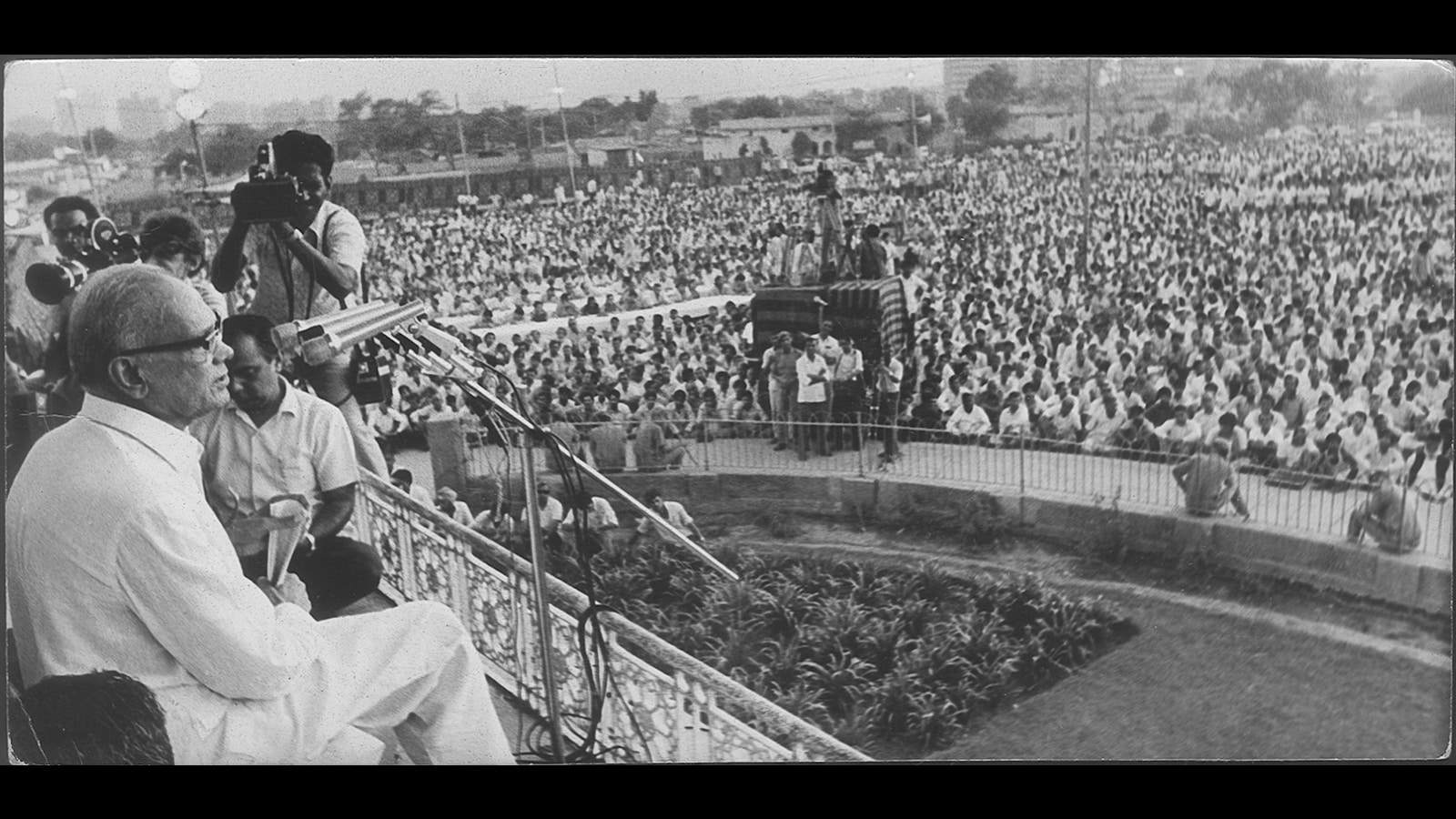
Credits – Hindustan Times
However, the Emergency also contributed to the strengthening of civil society in India. Human rights organizations, labor unions, and student organizations were important components of the movement against the Emergency. The Congress Party, which had ruled India for more than 20 years, lost its hegemonic position, leading to a realignment of political forces in India and ushering in a new era of coalition politics.
The Emergency remains a contentious issue in Indian politics and society, as it left a long-lasting impression on the Indian populace. The suspension of fundamental rights, censorship of the media, and detention of political opponents without trial during the Emergency all contributed to an atmosphere of unpredictability and instability that had a negative impact on investment and economic growth.
In conclusion, the Indian Emergency was a dark period in Indian history, marked by human rights violations and an authoritarian regime. However, it also led to the strengthening of civil society and a realignment of political forces, ultimately resulting in the restoration of democracy and civil liberties in India. The Emergency serves as a reminder of the importance of upholding fundamental rights and maintaining a strong and independent democratic system.


